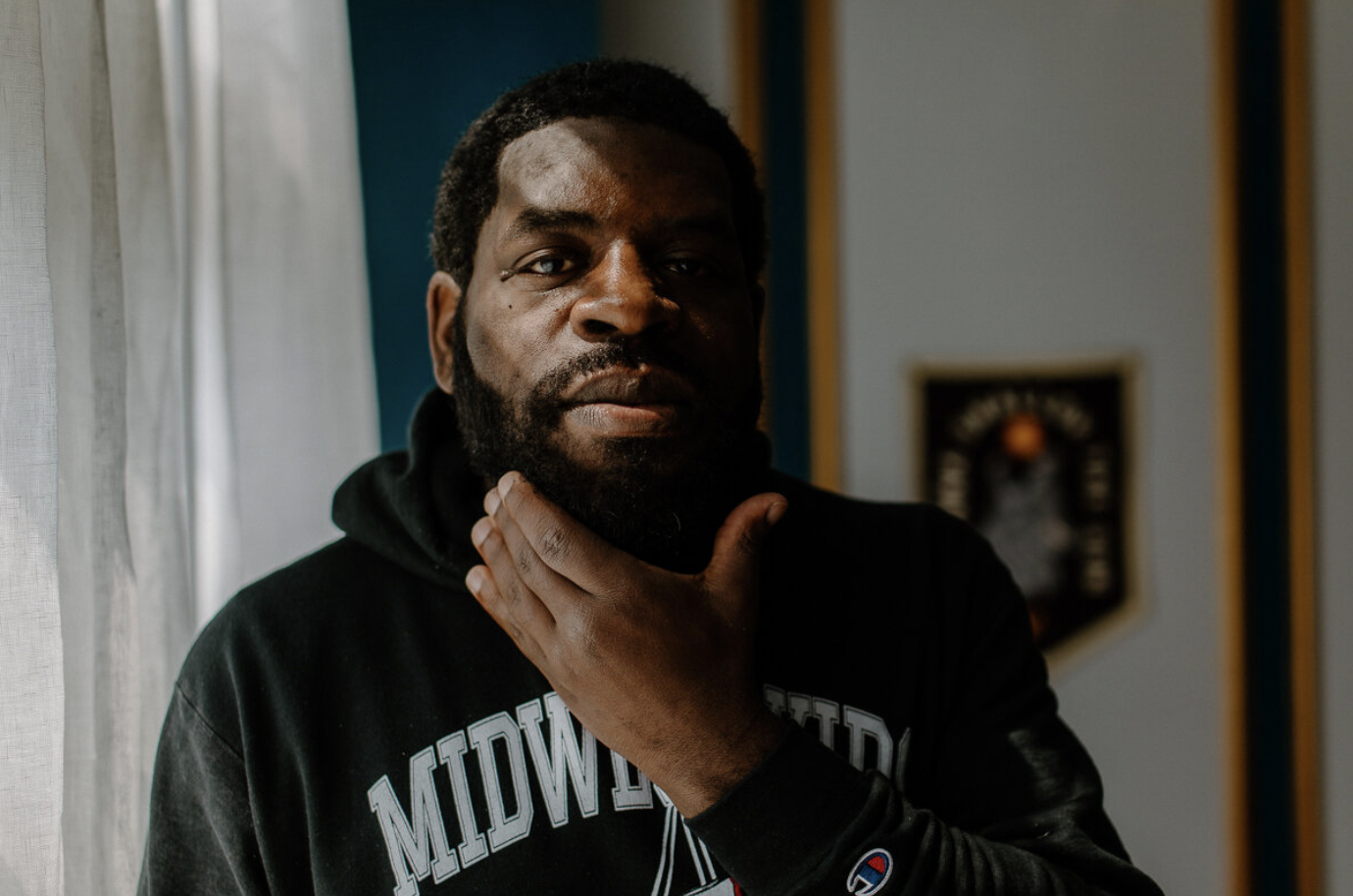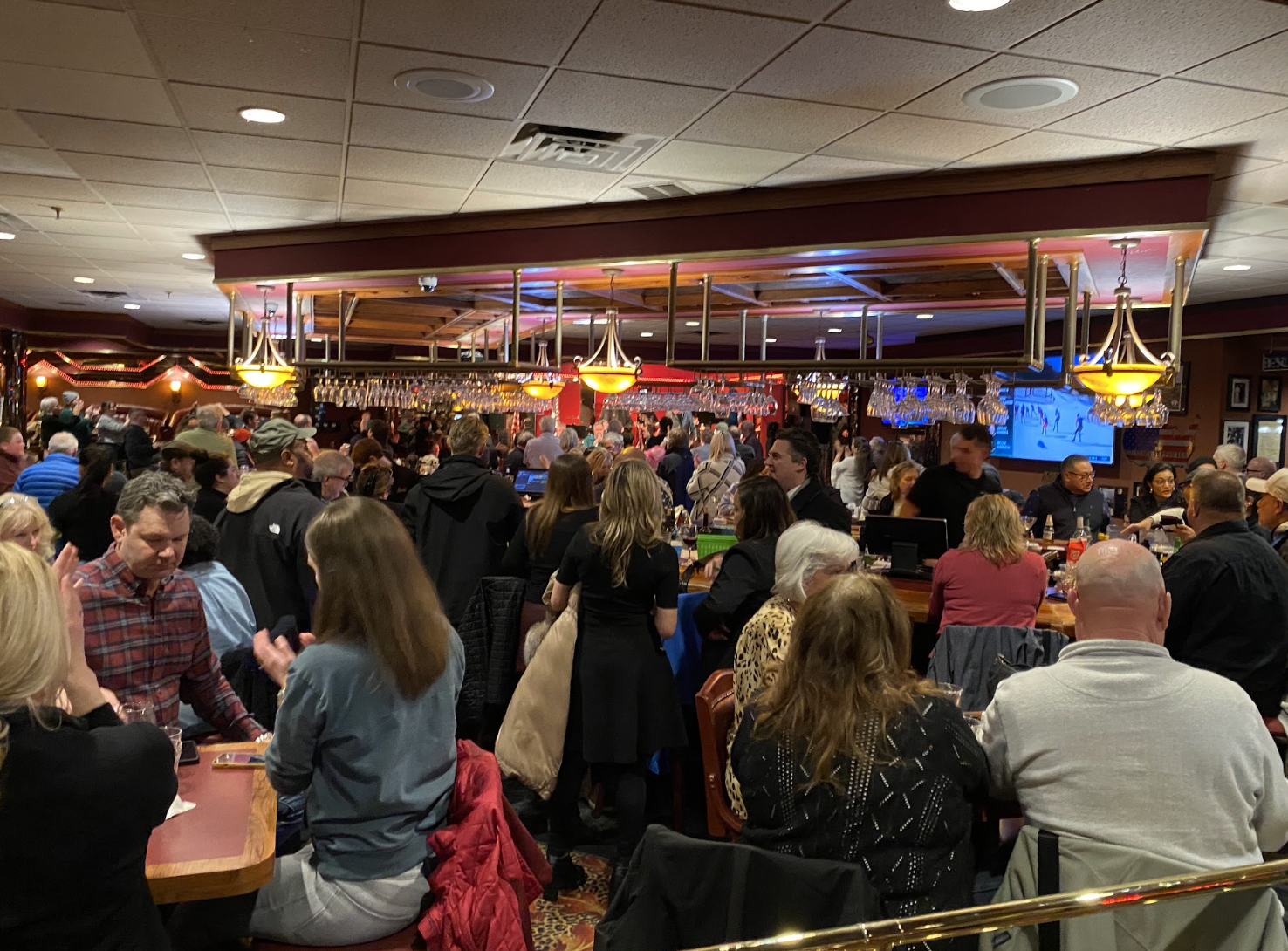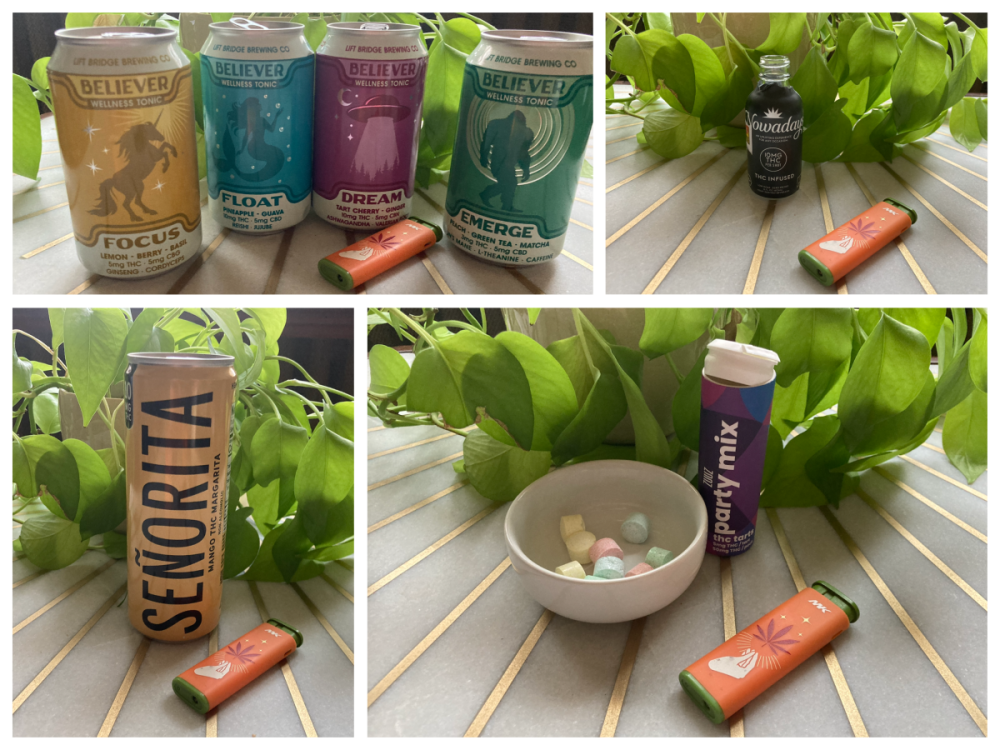When I was growing up in Northern California, trips to the Santa Cruz Beach Boardwalk were sacred. And my favorite part of these summer excursions was just the idea of sitting on the sand and catching one of the evening movies on the beach. They’d show all the usual crowd pleasers—Grease, The Breakfast Club, Ferris Bueller, the what’s what of angsty teenage Americana. I wanted so badly to be excited about these movies, to find some of the joy I’d see plastered on the faces of kids around me. But try as I might, to paraphrase Michael Blackson in Next Friday, I simply could not get jiggy with that shit.
That’s why I nearly lost my ever-loving mind when I saw a flyer for "The Black VHS Experience” series at the Walker Art Center this summer, presented by poet, essayist, MacArthur Genius Grant recipient, and keeper of the dopest collection of vintage band T-shirts in the western hemisphere, Hanif Abdurraqib. Abdurraqib has curated an indelibly stellar line-up of Blackity Black goodness, and he'll be in town tonight to introduce the kick off: director Robert Townsend’s The Five Heartbeats. (The series continues through July and August with Mo’ Better Blues, Sister Act, Dead Presidents, and Set It Off.)
What makes this series so special to me is its relation to institutional space, how it raises the question of where our art is and is not welcome. To screen these films in a museum is to acknowledge the offering as art, to put it in its rightful place among the museum’s paintings and the sculptures. This film series invites Blackness into the space, creating an opportunity for us to appreciate the work from shared reference points.
I spoke to Abdurraqib about "The Black VHS Experience" and how storytelling, historically, is the tie that has binds our community together.
How does this film series relate to our shared memories, and what does it mean to have spaces for Black folks to be nostalgic in public?
There’s a way this is acting as kind of a correction, validating our memories and validating the experiences we have towards these films. They’re not necessarily heralded the way we see other films heralded this way even in these nostalgia exercises.
For me, Robert Townsend is one of the greatest of all time. How did Townsend’s work impact you as a creative?
He is an underappreciated storyteller who is ahead of his time, really. This could have kind of been done just with Townsend films alone, I think. At a very early age for me he was someone who was playing off of real Black stories. It feels like a biopic. He was pulling from these things he lived and experienced and molded them into a fuller image. Kind of imagining the space behind the space of what the public knew. That alone is really vital for me, to see a storyteller who writes into that expansiveness. Duck Matthews is one of my favorite characters in all of film because of how layered and complex he was. I first saw Five Heartbeats when I was eight years old, and that was maybe the first time I saw an emotionally complex and deeply sensitive Black character on screen.
An interesting thread for me across these films are the ways in which they feel so real. Growing up, nobody could tell me the Five Heartbeats were not an award winning Motown group. How do the historically expansive ways we tell stories relate to these films, and create little universes for us to live in?
That’s what a lot of these films are doing. Mo’ Better Blues pulls from that in the same way. Even Sister Act, which kind of thoughtfully builds upon the Black Gospel tradition, all of these stories are kind of being enhanced by some exaggeration which I think, too, is how Black folks tell stories. My elders that I know and love all have like three stories to their name but are so good at embellishing and blowing it up, adding additional color to make it feel like it’s more expansive. Set It Off and Dead Presidents are heist films, but they’re adding elements. Set It Off was the first heist film that I saw with Black folks, let alone with Black women. There’s queerness in Set It Off, there are all these elements that make the heist film feel more expansive.
There’s ways these stories are made to feel more expansive just by being thought about and pursued. Black folks are not monolithic, but I do think there is sometimes a shared language that can be found within our pleasures, and our displeasures. Even though that shared language may not be the same because Blackness is regional, you know, to, like, a pin drop. I’m from East Columbus and Black folks in Northeast Columbus aren’t the same as the Black folks out East, but there are languages that we share within our pleasures that we can seek out communally.
The Five Heartbeats, introduced by Hanif Abdurraqib
Where: Walker Art Center
When: Fri. July 14, 7 p.m.
Tickets: $12/$15; more info here.






